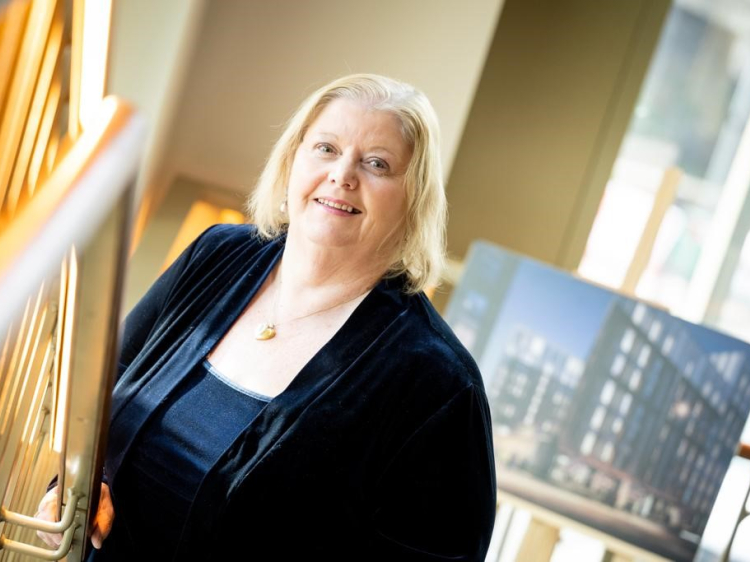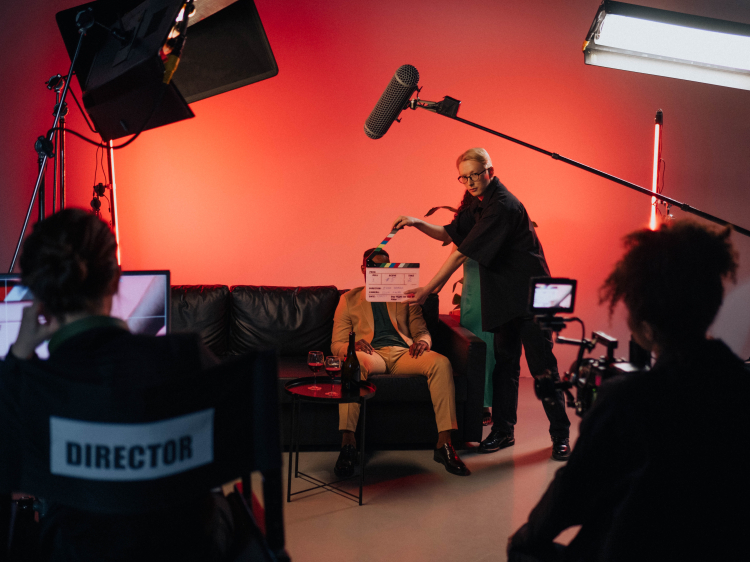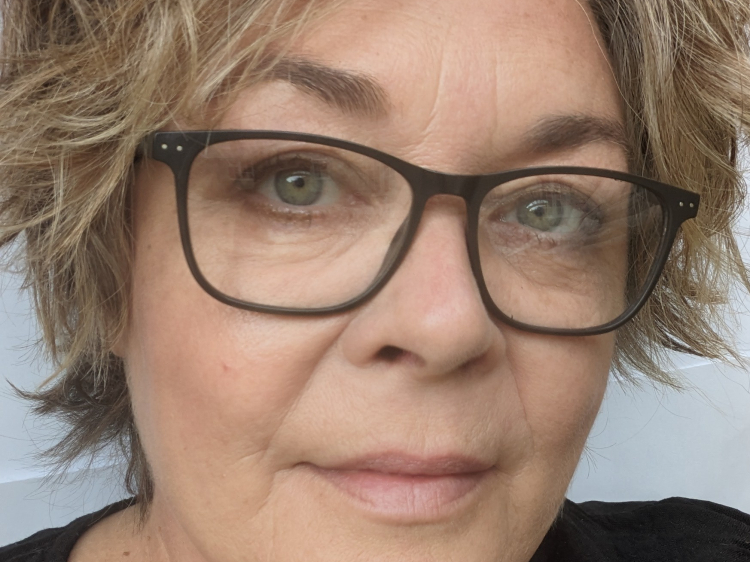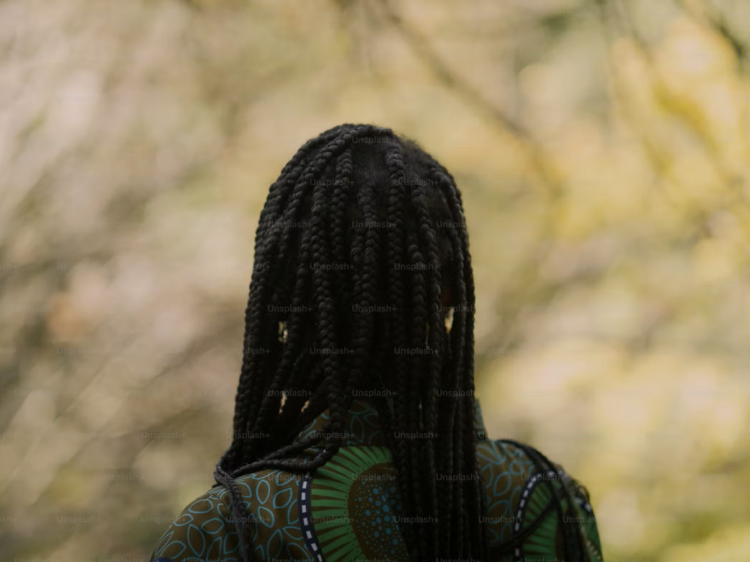Sondos’ story illustrates the complexities of Honour-Based Abuse (HBA), particularly the risk of having multiple perpetrators operating within a web of control. It also highlights the need for frontline professionals, particularly the police, to have sufficient awareness of the unique risks and escalatory dynamics of HBA. But it also shows the positive impact a single individual can have, and how a supportive workplace can make a world of difference to someone experiencing abuse.
A story of Honour-Based Abuse
Honour Based Abuse (HBA) comes in many forms. At its core, it is a form of domestic abuse which is motivated by the abuser’s perception that a person has brought or may bring ‘dishonour’ or ‘shame’ to themselves, their family or the community (definition by Karma Nirvana). A common feature of HBA is the presence of multiple perpetrators, which can make responding safely very difficult. Perpetrators are often immediate family, but can also extend to the wider community.
Growing up with Honour-Based Abuse
Sondos was born into a family where HBA was rife. She was constantly reminded that she wasn’t allowed to do anything that brought shame or dishonour on the family. Like many victims and survivors of HBA, Sondos’ experience of abuse began in childhood. This meant that the experiences felt normalised. Religion was used as a tool of oppression and control. Looking back, there were various opportunities for the professionals around her to intervene and safeguard. However, these opportunities missed due to a lack of understanding of HBA and fears of being perceived as prejudiced or culturally insensitive.
The backlash for living a different life
Sondos gradually started living a double life in her teenage years. At home, she would conform to her family’s expectations, but around her friends she began to enjoy her social relationships. When relatives eventually found out, they threatened to kill her, saying that killing her “would make me a hero for the dishonour you have brought us”.
Sondos moved out to enrol at university. She met her husband – who was from a different background – and they decided to start a family. Sondos struggled to reconcile the happiness of her new life with the strict honour code she had been brought up with, and her mental health suffered severely. When she became pregnant, she knew she would struggle to protect her children from the harmful cycle of abuse.
“We don’t get a lot of this around here”
Sondos had a vigilant health visitor who realised that something was amiss. Knowing the risk to herself and her family if they found her, Sondos finally contacted the police for safeguarding advice. The officers that were sent to her had little knowledge of HBA or training in how to handle the situation. On the contrary, their language blamed Sondos for escalating the family crisis, claiming it was only natural they were upset as she “had lied to them”. They told her “We don’t get a lot of this around here”, a testament to HBA flying under the radar. They did not complete any formal risk assessments.
At this stage, Sondos took action herself to keep safe, having cameras set up to monitor the house. Multiple perpetrators from her family and the community came to her home to threaten her while she was on maternity leave and home alone. She kept two packed suitcases by the door in case her family needed to flee for their lives. She knew of cases where community members had hired private investigators to track down individuals who violated honour-based norms.
An employer’s impact
Sondos’ employer had no idea what she had been experiencing when she told them. The headteacher of the school where she worked was both empathetic and proactive in her response to Sondos’ situation. She signposted Sondos to the Angelou Centre, an organisation run to support Black and minoritised women and children experiencing domestic abuse, where she was assigned an IDVA (Independent Domestic Violence Advocate). The IDVA provided both emotional and practical support. This included advice on keeping personal information secure and liaison with multi-agency staff such as the police and social care. Her employer helped her to create a safety plan both for work and home and kept in regular contact with her even while she was on maternity leave.
Sondos tried her best to perform at work when she returned from maternity leave, but the burden eventually became too much. She had to take extended sick leave. The headteacher provided access to private therapy through the workplace employee assistance programme (EAP) and visited her at home to make sure she was safe. Sondos found that the employer support was even more vital given the lack of support from the police.
“Without my employer’s support, I would not be where I am today. I ultimately secured a job at the Angelou Centre, helping others like I had been helped. I am now a ‘survivor ambassador panel member’ and trainer for the national HBA charity Karma Nirvana, helping to train and educate people on HBA and its impacts as well as campaigning for vital changes in the law”.
Sondos’ key takeaways for employers
Sondos still struggles to reconcile her own identity with the abuse that she suffered, and being a positive model of her family’s culture as her children grow older and want to know more about their heritage. She hopes that the Government’s recent announcements to introduce a statutory definition of HBA alongside statutory guidance and other measures will help effect change. She encourages employers to adopt an intersectional and inclusive domestic abuse response, where there is tailored support for those with marginalised identities. Specifically, this involves conversations around race, as she believed colleagues who suspected abuse did not speak up for fear of being perceived to be prejudiced.
Sondos underlines that HBA affects a wide range of people, men and women, from different communities, and urges caution in making assumptions about who may be a victim and perpetrator. She warns against the weaponisation of stories like hers by harmful ideologies. In her view, the demonisation of certain cultures or backgrounds in public discussion and in the media can further fuel HBA.
“When people feel like they are branded as Others, they will act like the rules of society don’t apply to them. This perpetuates the isolation of these communities and puts victim-survivors at further risk of harm”.
You can watch EIDA’s Insight Hour webinar with Karma Nirvana and Sondos here.







